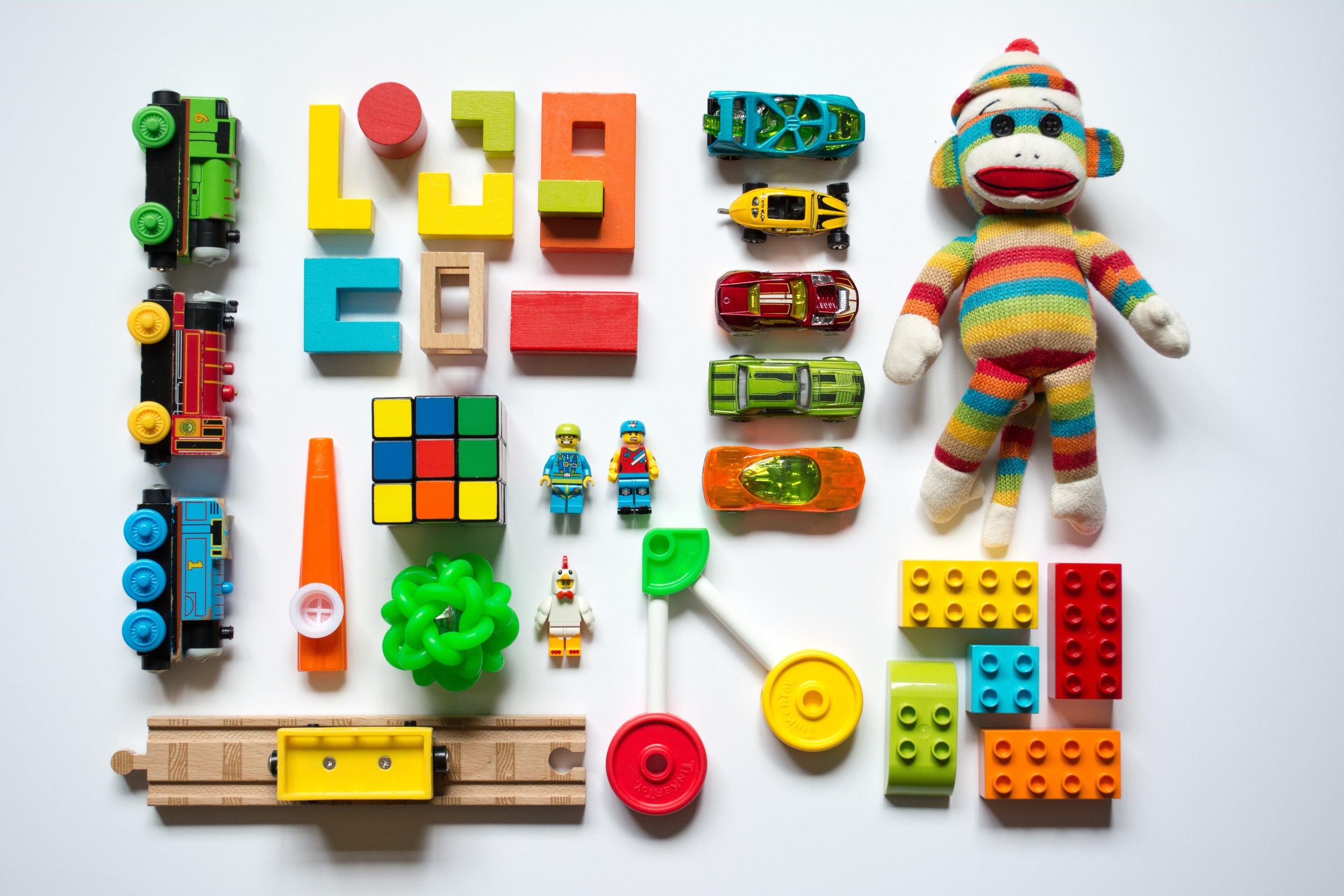Jean Piaget was a Swiss developmental psychologist who studied children in the early 20th century. Many branches of education and psychology use his theory of intellectual or cognitive development (1936). It focuses on children, from birth to adolescence, and characterizes different stages of development, including: language, morals, memory, and reasoning.
The Stages
Piaget proposed that intelligence grows and develops through a series of stages. He identified four stages of development:
-
Sensorimotor stage: birth to 2 years
-
Preoperational stage: ages 2 to 7
-
Concrete operational stage: ages 7 to 11
-
Formal operational stage: ages 12 and up
He was a firm believer that children are active in the learning process by making experiments and observations to learn about the world. As children interact with the world, they add new knowledge, build upon existing knowledge, and adapt previously held ideas to accommodate new information.
The Sensorimotor Stage: Birth to 2 Years
Major Characteristics and Developmental Changes:
-
The infant knows the world through their movements and sensations
-
Children learn about the world through basic actions, such as sucking, grasping, looking, and listening
-
Infants learn that things continue to exist even though they cannot be seen (object permanence)
-
They are separate beings from the people and objects around them
-
They realize that their actions can cause things to happen in the world around them
This is the earliest stage of cognitive development, when infants and toddlers gain their knowledge through sensory experiences and manipulation of objects. These experiences occur through the basic reflexes, senses, and motor responses. During this stage, babies go through a period of dramatic growth and learning. They are always learning new discoveries about the way the world works when they interact with their environment.
The Preoperational Stage: 2 to 7 Years
Major Characteristics and Developmental Changes:
-
Children begin to think symbolically and learn to use words and pictures to represent objects
-
Children at this stage tend to be egocentric and struggle to see things from the perspective of others
-
While they are getting better with language and thinking, they still tend to think about things in very concrete terms
Children lay the foundation of their language development during the first stage, but it is during this stage that the emergence of language is a major milestone. Children become more skilled with pretend play during this stage, but they continue to think very concretely about the world around them. (Read more about concrete thinking here) They learn through pretend play, but struggle with logic and other people’s viewpoints.
The Concrete Operational Stage: 7 to 11 Years
Major Characteristics and Developmental Changes:
-
Children begin to thinking logically about concrete events
-
They begin to understand the concept of conservation (that the amount of liquid in a short, wide cup is equal to that in a tall, skinny glass)
-
Their thinking becomes more logical and organized, but still very concrete
-
Children begin using inductive logic or reasoning from specific information to a general principle
Children are still very concrete and literal in their thinking at this point in development, but they also begin to use logical thinking. Children at this stage will start to think about how someone else may view a situation. While thinking is becoming more logical, it can still be very rigid. Kids will continue to struggle to understand abstract and hypothetical concepts. At this stage, kids will begin to understand that their thoughts are unique to them and that not everyone else will share the same thoughts, feelings, and opinions.
The Formal Operational Stage: 12 and Up
Major Characteristics and Developmental Changes:
-
The adolescent or young adult begins to think abstractly and reason about hypothetical problems
-
Abstract thought emerges
-
Teens begin to think more about moral, philosophical, ethical, social, and political issues that require theoretical and abstract reasoning
-
They begin to use deductive logic, or reasoning from a general principle to specific information
This is the final stage of Piaget’s theory of development and it involves an increase in logic, the ability to use deductive reasoning, and an understanding of abstract ideas. This is the time when teens become capable of seeing multiple potential solutions to problems and can think scientifically about them. They will develop the ability to systematically plan for the future and reason about hypothetical situations.
It is important to note that Piaget did not view children’s intellectual development as a quantitative process, but a qualitative change. This means that kids do not just add more information to their existing knowledge as they become older, but they gradually progress through the four stages. It does not mean that a child at age 7 just has more information about the world than he did at age 2, but there is a fundamental change in how he thinks about the world.




